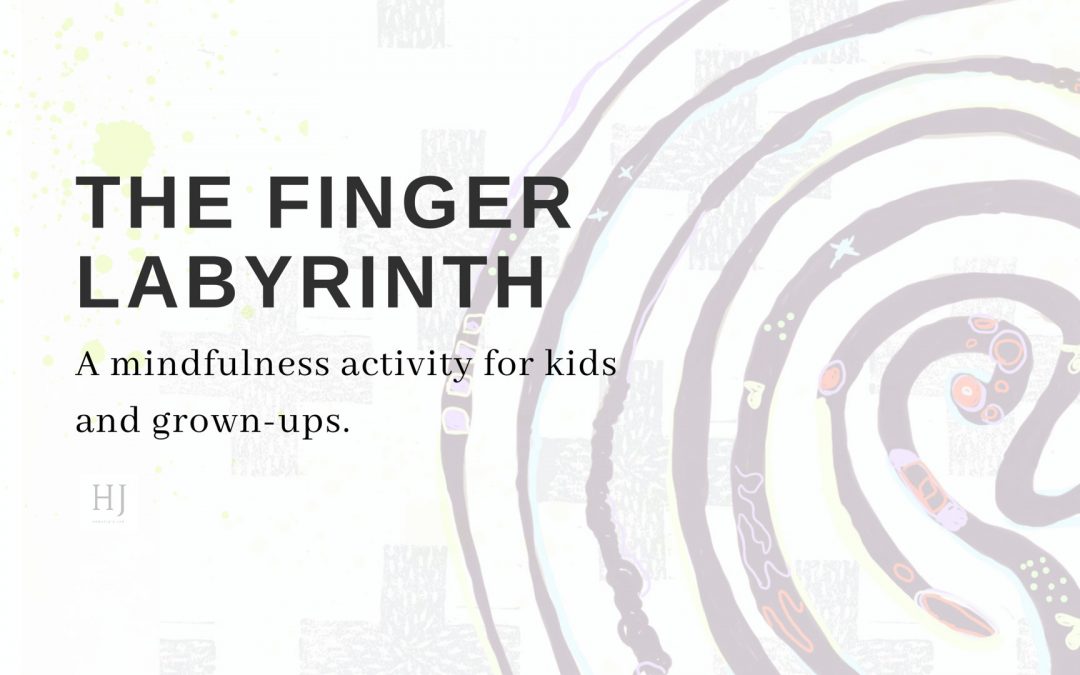Published by: Digital Schools
The Finger Labyrinth – Mindfulness Activity.
Using your fingers to wind through the labyrinth, you will discover the relaxing effect this fun activity will have on you. Using your fingers to wind through the labyrinth, you will discover the relaxing effect this fun activity will have on you. Using the labyrinth mindfully enhances meditation and prayer, the labyrinth is similar to the maze and has existed throughout ancient cultures for at least the past four thousand years.
Dr Lauren Artress from her book ” Walking a Sacred Path”:
“You enter a maze to lose yourself and a labyrinth to find yourself.”
By tracing your finger through the winding curves you find yourself moving towards the coiled center, this is where the path in ends; from there you re-trace the coil outward and away from the center, back to the entrance, unwinding.
Your Finger Labyrinth
- Find your very own finger labyrinth here.
Trace your finger along the path to find the centre and then retrace the path to find your way out. - Tracing the labyrinth 5 or more times will help to relax your mind and body, becoming aware of your breathing as you wind in and out feeling at one with the curling pattern.
- You may like to add a prayer to say as you weave in and out of the landscape or come up with positive words and thoughts to say, such as “ I am a wonderful person”, or “ I love my mum and dad” to boost your wellbeing, your mood and change your brain.
Guest Contributor: Emily Rack
Business Name: Horatio’s Jar
Publisher: Digital Schools
Emily Rack is a yoga teacher, meditation instructor, freelance writer and visual content creator. She incorporates a unique creative flair into her yoga and meditation classes, courses and workshops. Emily hosts events and classes in schools and the wider community & is passionate about teaching the art of mindfulness.
——-
PUBLISHER’S DISCLAIMER: The publisher of this blog post (Digital Schools PTY LTD) works in partnership with the school as a 3rd party provider to help build and maintain the school website. Digital Schools sources a range of experts who provide products and/or services to educational institutions and we work with them to produce and publish topical information in the form of blog posts that we think may be relevant, interesting or topical to families within the community. The views, opinions and content listed in this blog post are that of the guest contributor and/or publisher (Digital Schools). It should be noted that whilst the publisher and guest contributors are acting with the best intentions and in the best interests of the school and their community to provide helpful or interesting information, sometimes the content may not necessarily reflect the views of the school.
The information in this blog post is not meant to be used, nor should it be used, to diagnose or treat any medical condition. For diagnosis or treatment of any medical problem, consult your own physician. The school and the publisher of this blog post are not responsible for any person reading or following the information in this article who may experience adverse effects.
Any references to external websites or sources are provided for informational purposes only and do not constitute endorsement by the school or publisher in any way and the publisher and/or school cannot guarantee accuracy of information listed.
If you have feedback on any content on this platform, you can submit it to the publisher using the feedback link provided at the bottom of this page.


